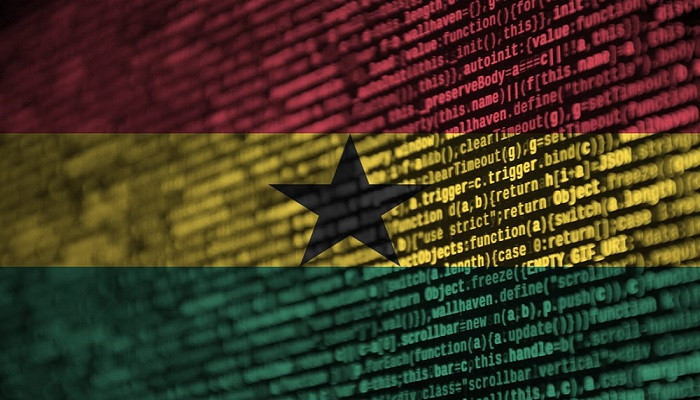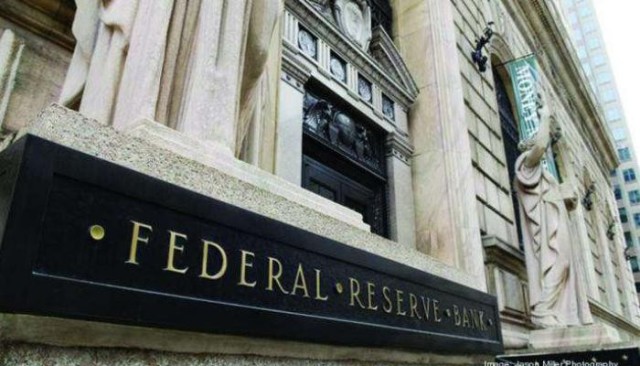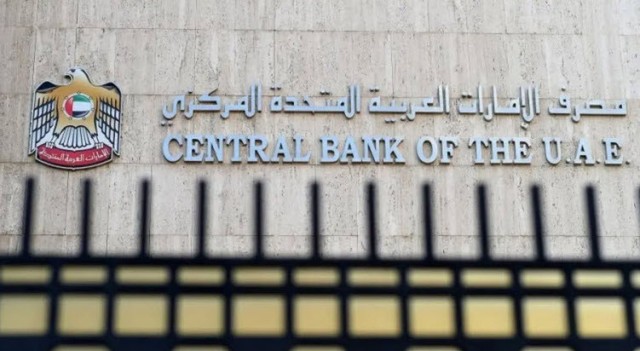The Bank of Ghana's Head of FinTech and Innovation, Kwame Obong, revealed that the country's digital currency (e-cedi) will support offline transactions during the Ghana Economic Forum.< /p>
According to a report by Bloomberg, Obong asserted that offline jobs would allow Ghanaians who lack reliable access to electricity and internet connectivity to embrace the central bank digital currency. for the country.
(e-cedi) can also be used in an offline environment with some smart cards, said Obong.
A smart card is a plastic card the size of a credit card with a chip that allows its user to transact using a preloaded balance.
Oxfam has piloted a similar system to facilitate payments using a decentralized stablecoin (DAI) to provide relief from environmental disasters.
Ghana is developing offline capabilities for its upcoming Central Bank Digital Currency (CBDC) in a bid to enhance its use across all segments of its citizen society.
According to World Bank data published during 2019, 84% of Ghanaians had stable access to electricity while only 53% had an internet connection.< /p>
Last August, the Bank of Ghana announced that it had partnered with German financial firm Geske & Diverient (G+D) to pilot a central bank digital currency for use by individuals in Ghana. .









































